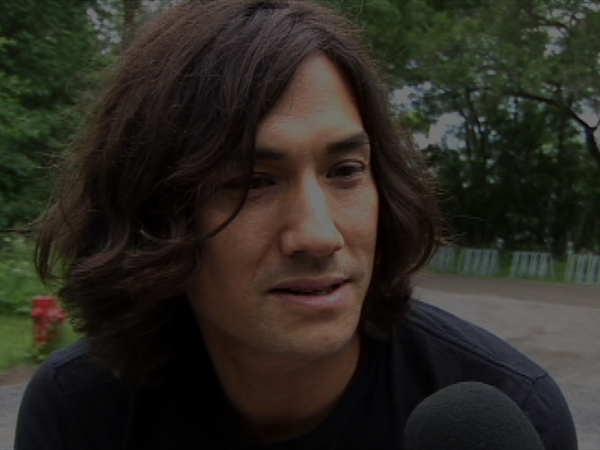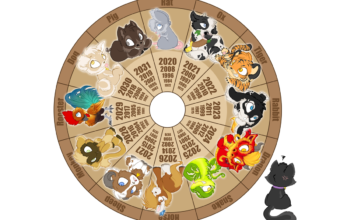I’ve been thinking a lot about fleeting, second-long passages in some songs that just bring me to my knees, and here’s one of the first ones that came to mind.
The artist: David Usher; the song: Alone in the Universe (Morning Orbit, 2001); the moment: 2:16-2:20, second chorus.
I’ve always cared more about the music than the song. Somebody can be a mediocre songwriter (in fact almost every recording artist is a hack writer, with rare exception) and still author beautiful, inspiring, truth-lustful music. Song is the craft: it’s the practice plied by an artisanal expert who’s gotten to a level of songwriting by doing it tirelessly and to the best of their ability every single time. Billy Joel is one such unicorn. But music is different. You don’t practice your music – it’s just in you, period. And if you’ve practiced enough on one or more of the channels to get it out of you – the song, the instrument, the voice, the arrangement, whatevah – then we get to see the real artist, the real person. That’s someone’s musical personality, or ‘musicality’ as it’s called.
Back to Mr. Usher. From his live shows, both solo and with Moist, to his interviews, I was always impressed with his humility and self-awareness. Show me an artist who can be successful both in a band and legitimately on his own and I’ll show you a team player and a leader.
So what happens when you write songs on your sophomore solo album that you want to become singles to push a bit of unit sales? Well, a catchy, memorable chorus with reliable repetition is a good start. And Alone in the Universe has that. Or at least it might have.
The first chorus, bridged by a transition with full-on power chords, is a perfect 4×4 strophe, with symmetrical phrases and rhymes, both in the music (which drops the raunch guitar) and the lyric:
I think we’re alone here, you and I
I think we’re alone and wondering why
I think we’re alone here, you and I
I think we’re alone in the universe tonight
The second chorus leads with the same driving guitars and starts almost identically to the first, but a couple of remarkable things happen. First, the raunch guitar hangs around for dinner (albeit with some softer arpeggios), and then the chorus drops the entire first couplet:
I think we’re alone here, you and I
I think we’re alone in the universe tonight ..
and proceeds straight to the bridge, itself a very singable, textured guitar solo with no heroics at all.
Why did he cut the second chorus like that? It certainly wasn’t to save time for a single, since the whole song clocks in at a pithy 3:56 (and the ‘full’ chorus would only have added about 15 seconds); it wasn’t to modulate to some other key (he stays in the tonic key wire-to-wire); and it wasn’t to introduce a new lyric for the bridge, since that section is instrumental anyway.
When you want to bare your sentiments in a song, you’re not giving a lecture. You don’t need to drill in mindless repetitions and catchphrases – though you could, and most songwriters do – to get yourself on peoples’ lips. You only need to do that to get on radio playlists. The lyric I think we’re alone here, you and I was already repeated twice in the first chorus; it didn’t need two plays here, even if it meant sacrificing the ‘wondering why’ line, just to complete the mother-goose rhyme.
Usher doesn’t deign to repeat the whole thing simply because he doesn’t think we need it. He likes us better than to make us sit through a lecture, and he’s confident enough in the marvelous guitar bridge he crafted that he doesn’t want to dismiss the crunch guitar for one short couplet and then ‘wow’ us with some big-wiener solo.
This is what I think musical humility sounds like at the hands of a musician who puts his listeners first. David Usher doesn’t insist upon Himself. And David Usher will never be a megastar.



